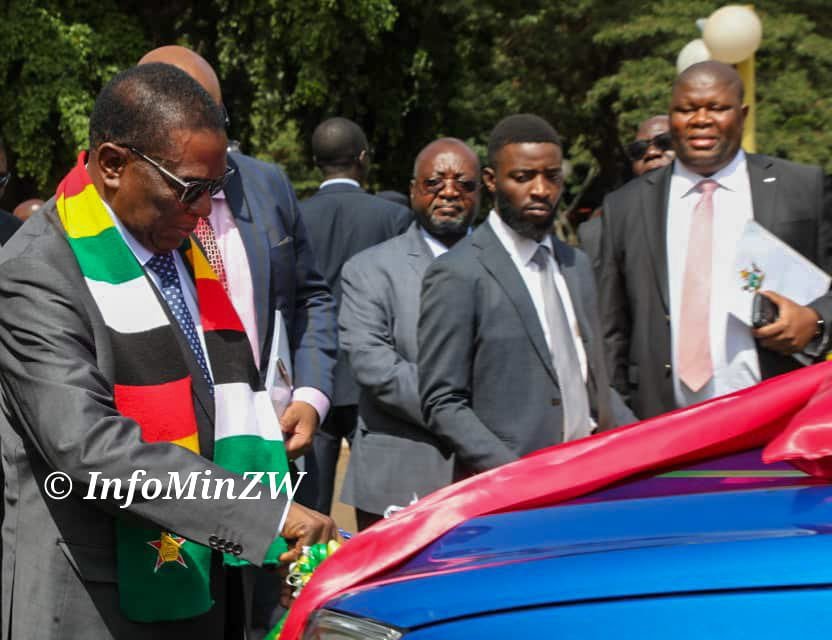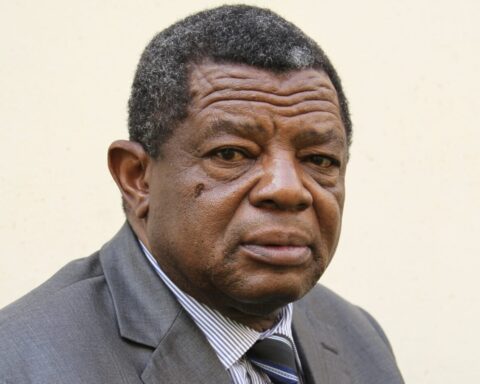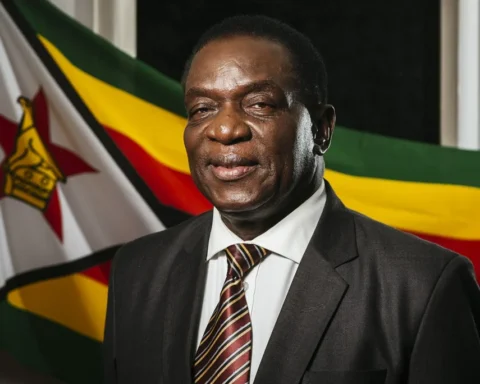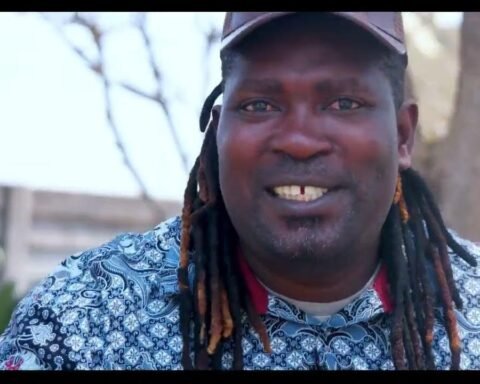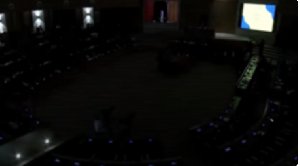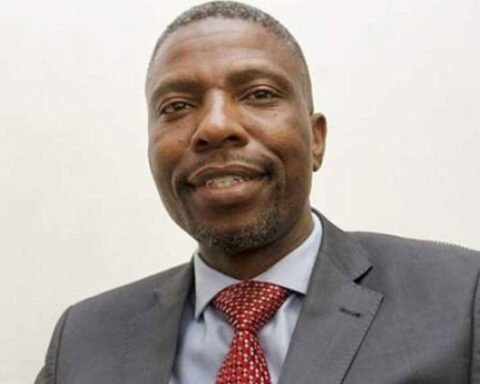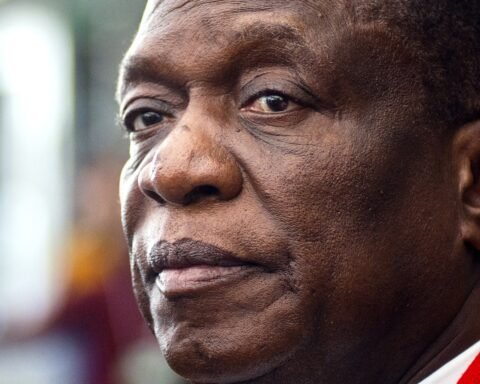In a move that has sparked public debate and raised eyebrows among citizens, the Zimbabwean government has reportedly spent millions of United States dollars on a fleet of top-of-the-range off-road vehicles for traditional leaders. The allocation of 100 Isuzu double-cab vehicles to chiefs has ignited criticism over the perceived unnecessary expenditure, especially in the face of economic challenges facing the nation.
President Mnangagwa, during a handover event in Harare, justified the move as part of the government’s effort to enhance the critical role traditional chiefs play in communities and national development. However, the public’s reaction has been mixed, with many questioning the prioritization of such spending, given pressing issues like the economic downturn, healthcare challenges, and food security concerns.
The 100 Isuzu double-cab vehicles, presented as the first batch of replacements in line with the government’s vehicle replacement policy, have intensified discussions on fiscal responsibility and prudent resource allocation. Critics argue that such expenditure could be directed towards more urgent needs, particularly at a time when the country faces economic hardships and strained public resources.
President Mnangagwa defended the move, emphasizing the importance of traditional leaders as custodians of culture, traditions, and heritage. He stated that the gesture symbolized the government’s commitment to improving the conditions and efficiency of traditional leaders. However, scepticism persists among citizens who question the timing and necessity of such a lavish allocation.
While the President highlighted the multifaceted functions and contributions of chiefs to unity, peace, and development, some argue that the funds could be better utilized to address immediate challenges faced by ordinary citizens, such as healthcare provision, education, and infrastructure development.
The announcement that various ministries, departments, and agencies will provide additional services and utilities to uplift the livelihoods of traditional leaders has further fuelled the debate. Critics argue that while the government claims to be addressing the needs of chiefs, more emphasis should be placed on grassroots development that benefits entire communities.
The president’s assurance of continued government support, including medical insurance and a funeral assistance package for chiefs, has not quelled the concerns of those who see this move as extravagant, particularly given the economic difficulties facing the nation.
As Zimbabwe grapples with the impact of external factors, including sanctions, the government’s decision to allocate funds for luxury vehicles has added fuel to the ongoing debate about fiscal responsibility and the allocation of resources in the country. The public’s response remains divided, with many calling for a re-evaluation of priorities to ensure that public funds are directed towards pressing needs affecting the broader population.
Source: The Zimbabwe Mail
